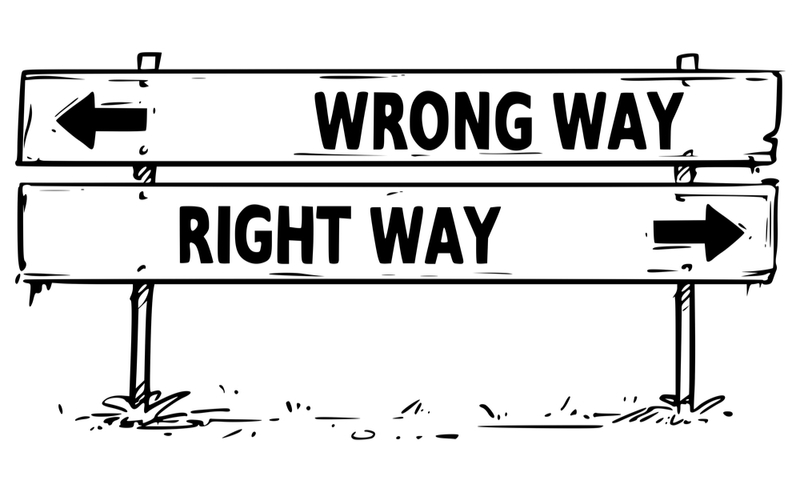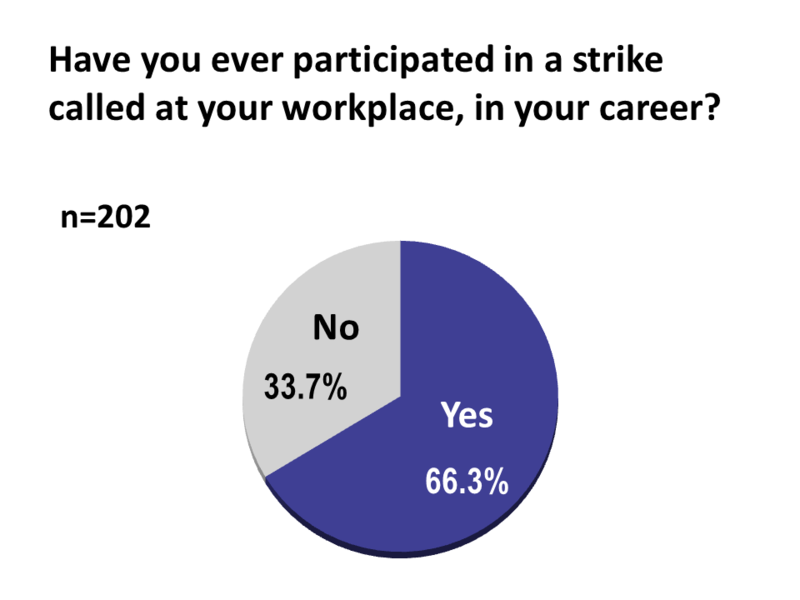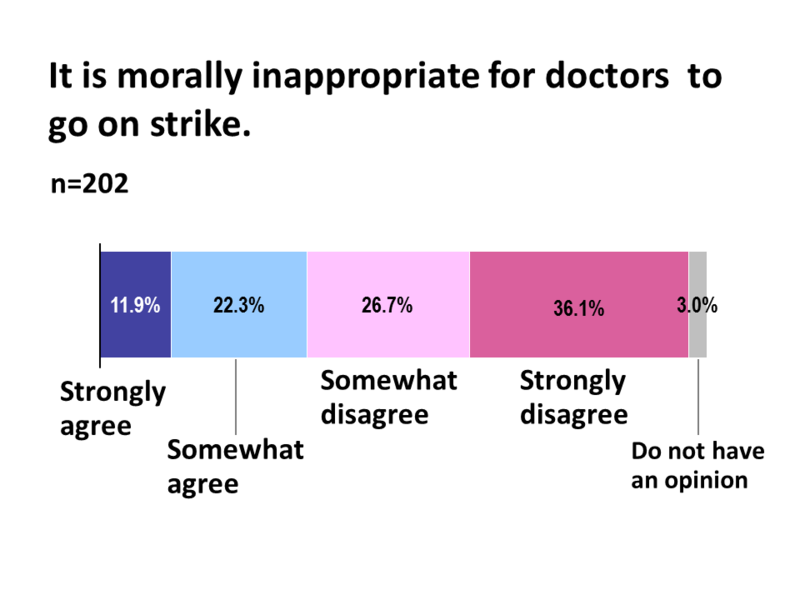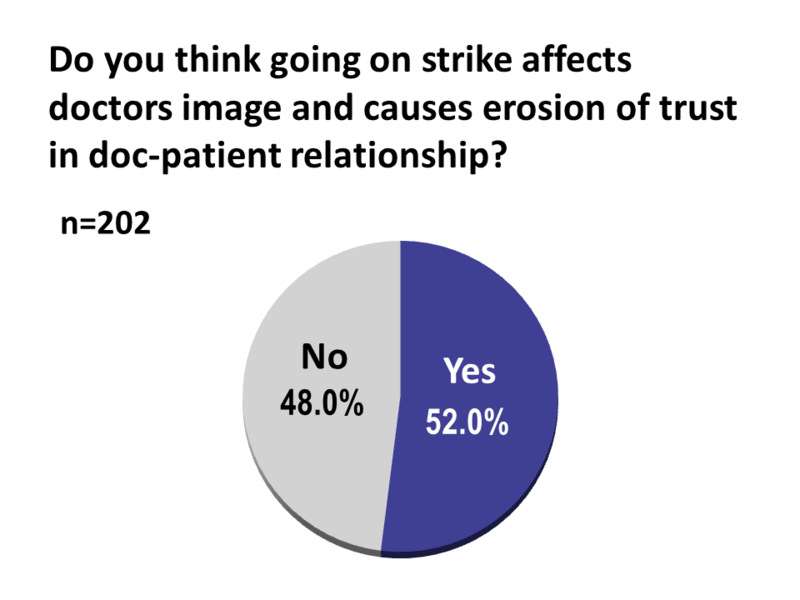M3 India Survey: Does participating in a strike hurt a doctor's reputation?
M3 India Newsdesk Jan 31, 2018

Over the past few months, we saw doctors’ strike dominating the headlines. Though going on a strike is recognised as a fundamental human right by the United Nations, it gets complicated with doctors' strike because of the professional values and the ethical framework associated. Thus recent doctors' strikes have received immense media attention and criticism. With this background, we conducted a survey to understand the reasons, the psyche and the impact of doctors' strikes. Here we present the findings of the online survey.
Methodology
The survey carried a few simple and direct questions for the Indian doctor community. The doctors were requested to respond voluntarily over a period of 2 weeks. A total of 202 doctors responded to the online questionnaire.
Demographics of the respondents
- Close to 50% of respondents were in the age bracket of 30-39 years and over 20% were between the age group of 20-29 years
- 18% doctor respondents were government employees, 20% owned private clinics or nursing homes, 21% had private nursing homes with presence in multiple cities, 15% had standalone private clinics and 22% respondents were academicians

Survey Summary
Violence against doctors- foremost reason for going on strike.
We asked the doctors if they had ever participated in a strike in their professional lives.
- 66% doctors replied in affirmative
- 34% doctors said they had never been a part of any strike

The primary reason cited by doctors to participate in a strike was- “ violence against doctors/assault on colleague”
Other prominent reasons featured for participating in a strike were,
- better remuneration
- safety at the workplace
- disagreement over government policy
Is it morally inappropriate for doctors to go on strike?
We asked the doctors if they agreed with the statement, “It is morally inappropriate for doctors to go on strike.” We got a varied response from the doctors.
36% doctors strongly disagreed with this statement and 27% of the doctors “somewhat disagreed”.

Though some doctors believed that the medical profession is a noble profession, they chose to disagree with the statement that it is morally inappropriate for doctors to go on strike, citing reasons such as “sometimes the doctors are put against the wall and they have no option".
A young surgeon (20-29 y) working in a government hospital, who strongly disagreed with the statement wrote in saying, “There is nothing wrong in asking for your rights.”
A senior endocrinologist (50-59 y) who disagreed with the thought that it was morally inappropriate for doctors to go on strike, said, “If the doctor's profession itself is at stake, and misinformed politicians make hasty decisions affecting the future of healthcare in our country, should we keep quiet and be a party to it? " A senior neurologist (50-59 y) working in a private nursing home pointed out that “redressal systems " were almost "non-existent "and only somewhat agreed with the statement.
An ob-gyn from a government hospital pointed out that strikes are resorted to when " those in authority have failed to respond reasonably to doctors concerns. So in effect, the blame for strike must lie with authorities for failure to resolve issues amicably".
22.3% doctors agreed and a meagre 12% doctors strongly agreed with the statement.
A doctor who strongly agreed that it was morally inappropriate for the doctors to go on strike said that there were many other ways of protesting and presenting their problems to the concerned authorities, “It's a noble profession. Millions will suffer due to a doctor's strike”. Another doctor (30-39 y) who believed that it was inappropriate for doctors to go on strike said, “It is incorrect to use your profession to voice your concerns.”
A doctor (40-49 y) working in a private hospital said, “There are other ways of showing discontent, then depriving those who are suffering from your compassion and healing.”
About 3% doctors said that they did not have any opinion on this statement.
Do you think going on strike affects doctors image and causes erosion of trust in the doc-patient relationship?
When we asked the doctors if they believed that going on strike affects their image and causes erosion of trust in the doctor-patient relationship, we got a divided response.
Half of the doctors (52%) replied in affirmative but the other half (48%) responded with a “NO” and declined any such assumption.

Some doctors rued the fact that going on strike affected the doctor-patient relationship negatively and named media for “image corrosion” and for showing doctors in poor light as “selfish, money-hungry” professionals.
A senior oncologist (40-49 y) said, “it does cause loss of trust as the common man will not know the difficulties encountered by doctors".
Doctors who answered “No” were optimistic that patients would understand their plight as humans and would not get strike incidents in the way of their relationship.
A young oncologist (20-29 y) believed that that the doctor-patient relationship was a function of a doctor's work and his attitude towards patients and that it did not depend on "strikes."
A cardiologist working with a private hospital also highlighted the fact that even though the doctors go on strike they continue to attend to emergencies and do not stop working completely and hence he believed that going on strike was unlikely to affect the doctor-patient relationship.
Disclaimer
We have presented the data and facts as they are without generalizing the results as a reflection of the views of entire Indian doctor population. The demographic profile of the survey participants [shown above] may differ from the population of all Indian Doctors. Also, limiting the sample to the Internet channel only may introduce bias in the results. We also urge that the findings should not be interpreted as implying cause and effect.
-
Exclusive Write-ups & Webinars by KOLs
-
Daily Quiz by specialty
-
Paid Market Research Surveys
-
Case discussions, News & Journals' summaries